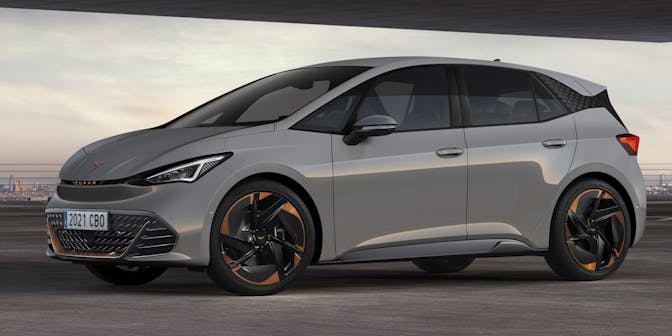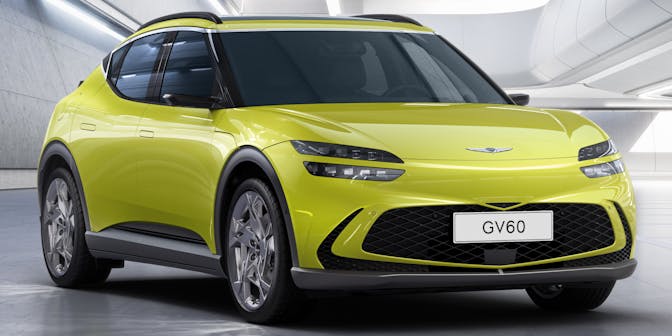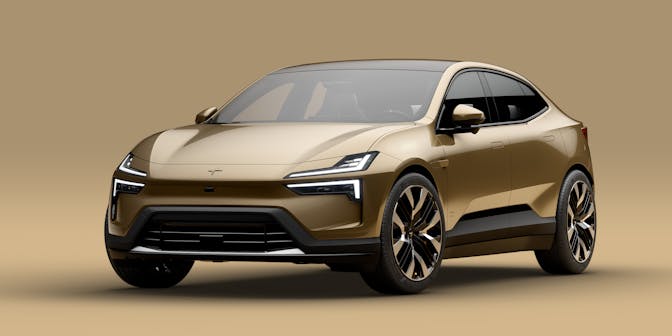A new chapter for EVs: what the 2025 Budget means for drivers and fleets
The 2025 Autumn Budget brings significant changes for electric-vehicle owners: from 2028, a mileage-based road tax will apply to electric and plug-in hybrid cars. But alongside this, the government has raised the threshold for “luxury” EV tax and kept grants and incentives rolling, meaning for many drivers and fleet operators, going electric remains an attractive, future-proof option.
Key takeaways
-
From April 2028: EV drivers pay around 3p per mile; plug-in hybrid drivers around 1.5p per mile
-
For a typical driver doing ~8,500 miles/year: expect an extra £255–£260 per year — still potentially much cheaper than equivalent petrol or diesel fuel costs
-
“Luxury / Expensive Car” tax relief for many EVs: the threshold has been lifted, so more mid- and upper-spec EVs avoid surcharge and stay cost-competitive
-
The Electric Car Grant programme has received a boost with an additional £1.3 billion of funding, extending it to run until 2029‑30
-
For leasing customers and fleets: leasing remains an attractive EV purchase model as flexibility and predictability remain strong advantages in a shifting tax landscape
New mileage-based road-tax charge
From April 2028, the UK government will introduce a new mileage-based road-tax charge for electric and plug-in hybrid vehicles. That means roughly 3p per mile for battery-electric cars and about 1.5p per mile for plug-in hybrids.

For context: if you drive around 8,500 miles a year, you’re looking at an extra £255–£260 annually before accounting for inflation or changes in your driving habits. That’s roughly half the per-mile cost compared with traditional fuel duty for petrol or diesel cars. Electric vans, trucks and motorcycles will initially be exempt from the charge.
This fee will come on top of existing taxes such as Vehicle Excise Duty (VED), so the total cost of running an EV will increase somewhat from 2028 onwards.
That said, this isn’t the end of EVs. What the government is doing is shifting from taxing fuel to taxing usage. As more drivers move away from petrol and diesel, it’s only natural road-use needs to be accounted for differently.
What the new ppm rate of 3p will actually mean in practice:
Miles per annum |
Total charge at 3ppm |
Total charge at 1.5ppm |
|---|---|---|
5,000 |
£150 |
£75 |
8,000 |
£240 |
£120 |
11,000 |
£330 |
£165 |
14,000 |
£420 |
£210 |
17,000 |
£510 |
£255 |
20,000 |
£600 |
£300 |
Drivers will be expected to self-report their mileage by estimating the distance they will travel each year and either paying up front or paying monthly via Direct Debit.
This mileage will be checked annually, either via existing MOT tests, or for new cars through an annual check procedure which could be carried out at MOT stations.
How the “Luxury / Expensive Car Supplement” (ECS) has changed and what that means for electric car buyers
High-spec EVs with a list price above £40,000 have been subject to the additional road-tax surcharge called the Expensive Car Supplement (ECS).
The good news: the government has raised the ECS threshold for EVs. From April 2026, the list price threshold at which electric cars are subject to this tax increases from £40,000 to £50,000, meaning a lot more buyers of new EVs can avoid the charge. In practice, that makes switching to electric more accessible, especially if you’re looking at newer or more premium EV models.
The Electric Car Grant is here to stay
The Electric Car Grant (ECG) is still in place, giving discounts on many eligible new EVs and helping bring the overall cost of going electric down. The government is increasing funding for the Electric Car Grant by £1.3 billion and extending the scheme until 2029-30 to help more drivers make the switch to electric. Last week the new Nissan LEAF was confirmed to be eligible for the full £3,750 ECG. We're expecting this to be a 2026 bestseller, and it’ll be available to order in a few weeks.
See the full list of Grant eligible cars here.
Our view?
The electric vehicle revolution isn’t slowing. It's evolving
This Budget doesn’t kill the EV future — it reshapes the rules. Yes, running costs for EVs will rise. But the changes are designed to be fairer across the board: taxing road-use rather than fuel, helping fund infrastructure as EV adoption grows, and adjusting thresholds to reflect real EV prices.
For individuals, businesses, and fleets alike electric car and van leasing remains a smart, flexible way to stay ahead. If you want predictable costs, no long-term risk, and easy adjustments as policies change leasing still makes a lot of sense.
Looking for a new electric car? Click here
Our top picks
Cupra Born 170kW e-Boost V2 59kWh 5dr Auto
- £2,048.63 Initial rental (ex. VAT)
- £2,458.35 Initial rental (inc. VAT)
- 48 Month term
- 5000 Annual mileage
- Subject to status and conditions + arrangement fee

Genesis GV60 234kW Sport 77.4kWh 5dr AWD Auto [Comfort]
- £3,414.21 Initial rental (ex. VAT)
- £4,097.06 Initial rental (inc. VAT)
- 48 Month term
- 5000 Annual mileage
- Subject to status and conditions + arrangement fee

Polestar Polestar 4 200kW 100kWh LR Single Motor Prime 5dr Auto
- £3,611.97 Initial rental (ex. VAT)
- £4,334.37 Initial rental (inc. VAT)
- 48 Month term
- 5000 Annual mileage
- Subject to status and conditions + arrangement fee




